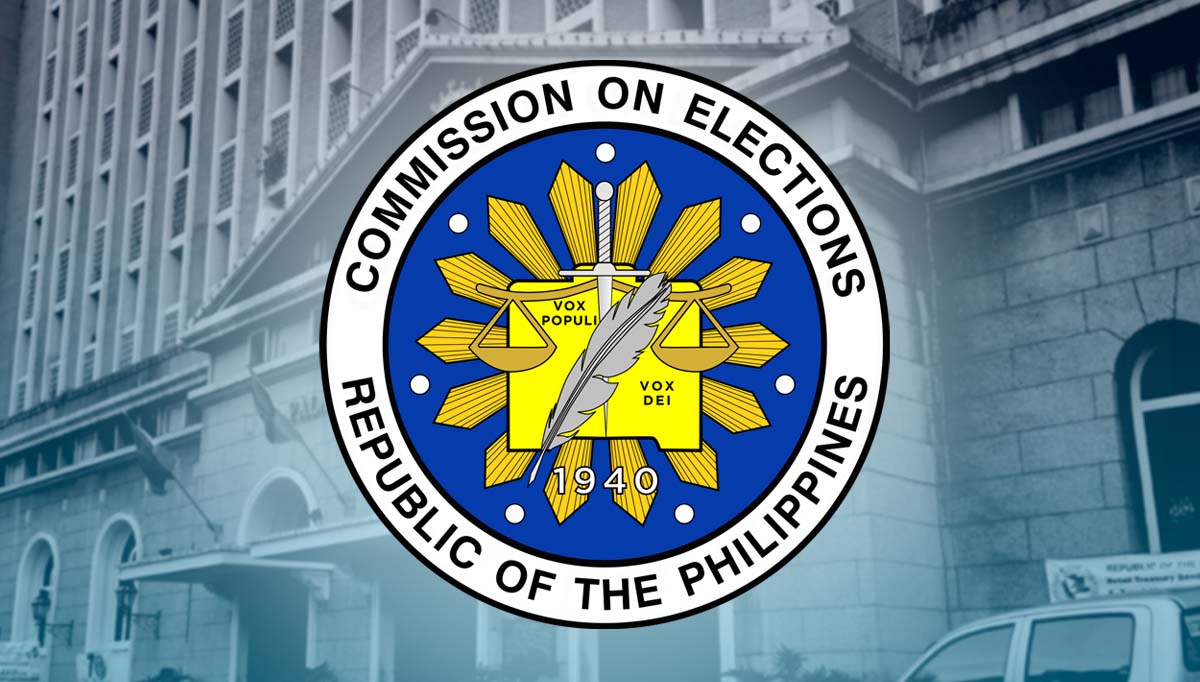MANILA, Philippines — All candidates and political parties vying in next year’s midterm elections should have an online identity and have until Dec. 13 to register their platforms.
The Commission on Elections (Comelec) on Tuesday reminded all of them of the deadline to formally inform its Education and Information Department of their social media accounts, blogs, vlogs, websites and podcasts.
Comelec’s Resolution No. 11064, promulgated on Sept. 17, also covers “the use of artificial intelligence” and other forms of “internet technology” in order to “combat the threats of disinformation and misinformation” in electoral exercises.
READ: Comelec releases guidelines for digital election campaign
“Our appeal is that if candidates do not have the intention to take advantage [of other candidates] or commit unethical or moral violations, they should register their social media accounts because it’s very important that we can monitor their actions, their posts and their expenses, if any,” Comelec Chair George Garcia told reporters on Tuesday.
Article continues after this advertisement
He said only 62 out of the more than 44,000 national and local candidates running next year have registered their social media and other platforms.
Article continues after this advertisement
But Garcia said he expects more to register as the deadline approaches.
According to the resolution, “failure to register their social media accounts [and other online] campaign platforms” will require the concerned candidates or parties “to explain why a complaint for violation of these guidelines should not be filed against them.”
The Comelec may “request… the removal, takedown or blocking” of these unregistered online content from “the technology platform and provider [or] concerned law enforcement agency.”
‘DQ’ warning
Asked about candidates who are endorsed in unregistered social media pages, Garcia said “the fact that you allow [its existence acknowledges] the presumption [that] you are benefiting from it, so it’s yours.”
“Don’t try the Comelec, [because] we can disqualify you or file an election offense which carries one to six years of imprisonment as penalty,” he added.
“It’s better to comply with the rules, since their purpose is to ensure everyone is treated equally,” Garcia said.
Influencers served notice
The Comelec chief said the poll body would monitor social media influencers who use their platforms to campaign for candidates.
The poll body may also ask help from the Bureau of Internal Revenue to determine whether correct taxes were paid for the campaign services of social media influencers.
To social media influencers who malign candidates or spread fake news using their online platforms, “We will have the [posts] removed by the social media [companies]. That’s their commitment to us. If Comelec requests it, it should not take months, but immediately, if need be, on the very same day,” Garcia said.
On Monday, officials from Meta, Google and TikTok signed a pledge to fight disinformation and misinformation during the election campaign.
TikTok and Google prohibit paid political ads but not political discussions on their platforms. Meta allows political ads subject to strict rules.




































